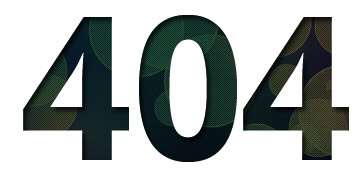|


We're sorry...The page you are attempting to access is no longer available, has moved, or you have entered an invalid URL. Try doing a search to locate the page or information you seek.
Loading
|
|
About
| Glossary
| Privacy Policy
| Terms of Use
| Contact Us
|

